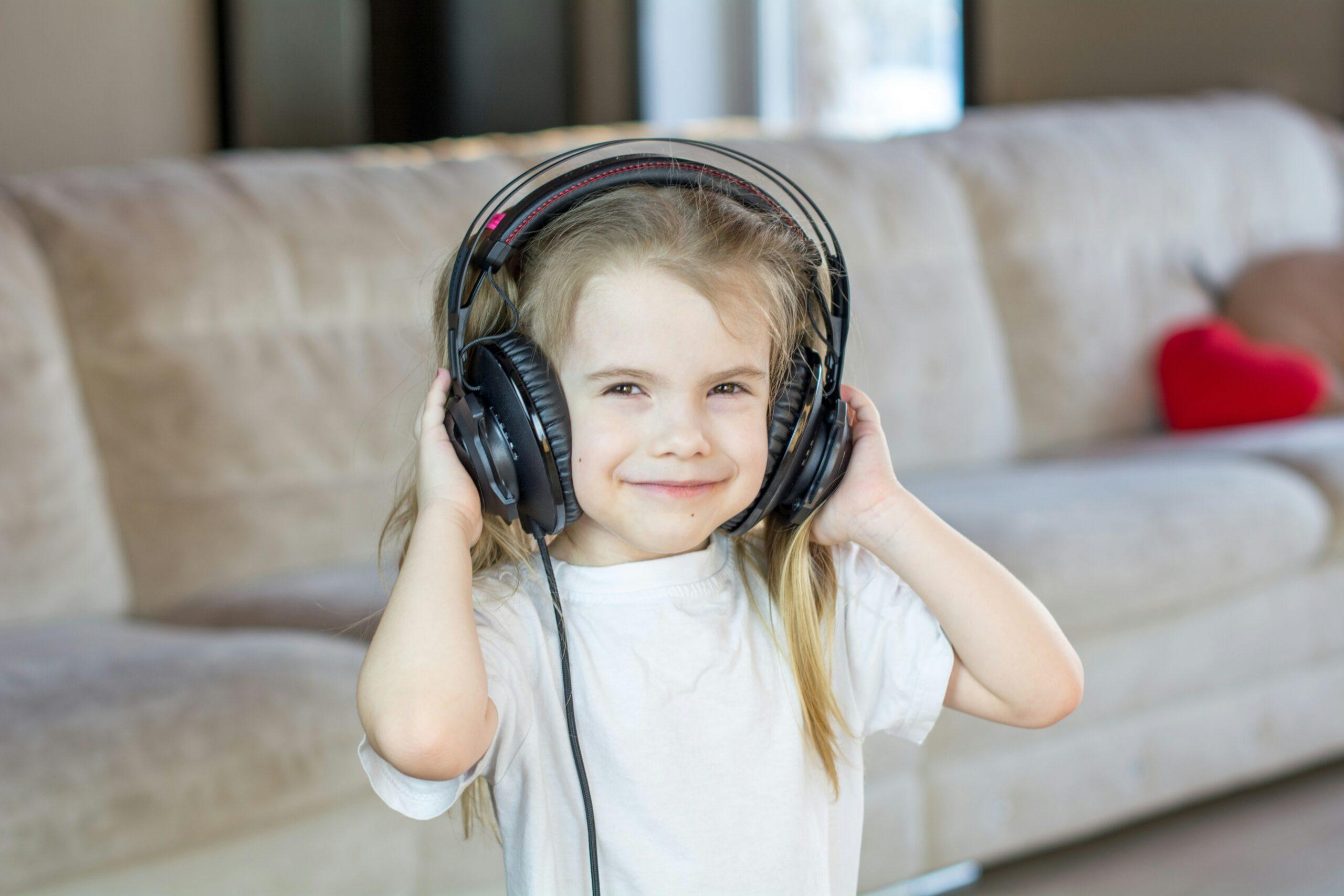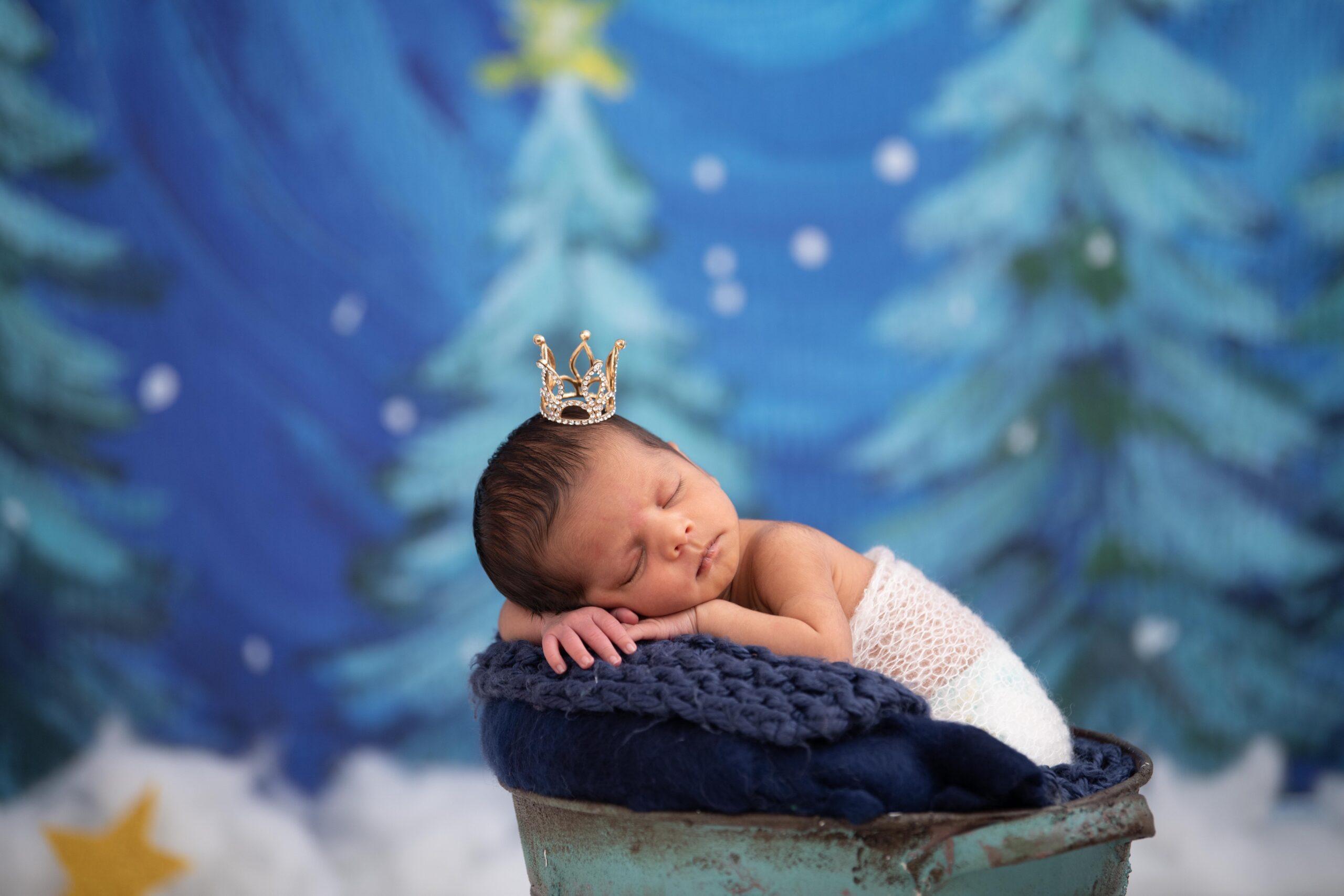Rachel Epstein’s second child, Alana, was born in February 2001 with no apparent health problems. An uncomplicated delivery, Rachel had no reason to suspect that anything was wrong with her daughter. However, a newborn hearing screening soon discovered the unimaginable— Alana was born profoundly deaf.
“My husband and I had no reason to believe that Alana was deaf. We both have normal hearing and so does our older daughter, says Epstein. “My pregnancy was normal and we knew of no hearing issues in our families.” According to the American Academy of Audiology, most babies born with hearing loss are born otherwise healthy with no family history of hearing problems.
Each year, as many as three of every 1,000 babies born in the United States are born with hearing loss. Because your newborn can’t tell you if he can’t hear, it is important to have your baby’s hearing tested before you leave the hospital after giving birth, or shortly thereafter at an outpatient facility if your hospital does not offer newborn hearing screening. This will give your baby the best chance to develop speech and language skills.
“Had the newborn screening program not been in place in Connecticut at the time Alana was born, we probably wouldn’t have discovered the problem until she was 2 and at that age she would have missed the most important years for speech and language development. Today, Alana is a normal 2 ½ year old, testing at age level thanks to newborn hearing screening,” says Epstein.
What Should I Do?
Right away, be alert to any signs of newborn hearing loss, such as failure to be calmed by the sound of your voice. “A new baby will also startle in response to a loud sound,” says Dr. Alison Grimes, director of audiology at Providence Speech and Hearing Center in Orange, CA.
It’s important for parents to be assertive. An audiological evaluation is not very costly and does not hurt the baby. Parents need to be more observant of their infant’s hearing,” says Grimes.
While newborn hearing tests have become common practice, not every state requires a hearing screening at birth. To date, at least 32 states have passed legislation requiring newborn hearing screening for all babies born in the state, according to the National Center for Hearing Assessment and Management.
“Parents are often unaware that, while nearly all babies born in the United States undergo newborn screening tests for genetic birth defects, the number and quality of these tests vary from state to state,” says Dr. Jennifer L. Howse, president of the March of Dimes. Because significant hearing impairment is one of the most common developmental abnormalities present at birth, the March of Dimes advises a hearing test for all newborns.
“If you live in a state without a program, discuss newborn hearing screening with your hospital as part of the birthing process. As more parents request the screening, hospitals will be forced to stand up and take notice,” says Grimes.
How Will My Baby Be Screened For Hearing Loss?
The screening of newborns involves the use of non-invasive measures that include otoacoustic emissions (OAEs), in which soft clicking sounds are played in your baby’s ears and the inner ear’s response to sound is measured, and/or auditory brain response (ABR), which tests an infant’s ability to hear soft sounds through miniature earphones. Both tests are painless and can be done while your baby is resting quietly.
New technology developed by Natus Medical Inc. in San Carlos, CA, now enables both ears to be screened simultaneously. An ABR test is a hearing screening that takes just four to seven minutes to complete and has been found to demonstrate the highest clinically proven accuracy.
If your baby does not pass either the OAE or ABR, the test should be repeated or your baby should be referred to a hearing specialist for more extensive tests to detect hearing loss. An infant with hearing loss should begin receiving treatment before 6 months of age.
When hearing loss is detected late, language development can be delayed. Studies suggest that children treated this early are usually able to develop communication skills that are as good as those of hearing peers.
“Alana has absolutely no ‘deaf speech,’” says Epstein. “She is a little chatterbox. Strangers ask me how old she is and are always surprised to hear that she is 2 ½ because she talks so well. If they only knew she was profoundly deaf.”
If your child is found to have hearing loss, there are a number of treatment options available. You will need to consult with your doctor to determine which are most appropriate for your child. Your child’s age, developmental level and personality, the severity of the hearing loss, as well as your own preferences should be considered in this decision.




